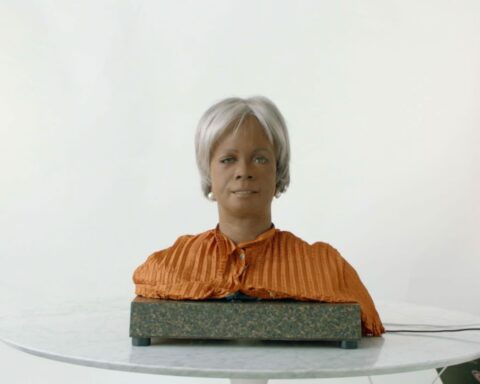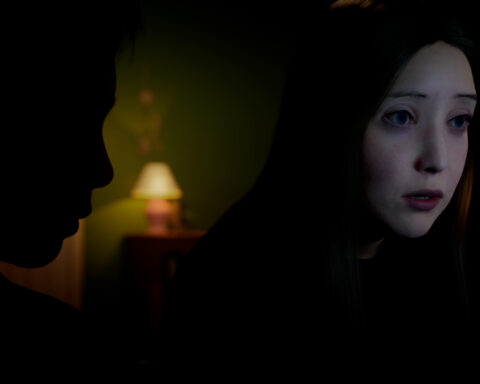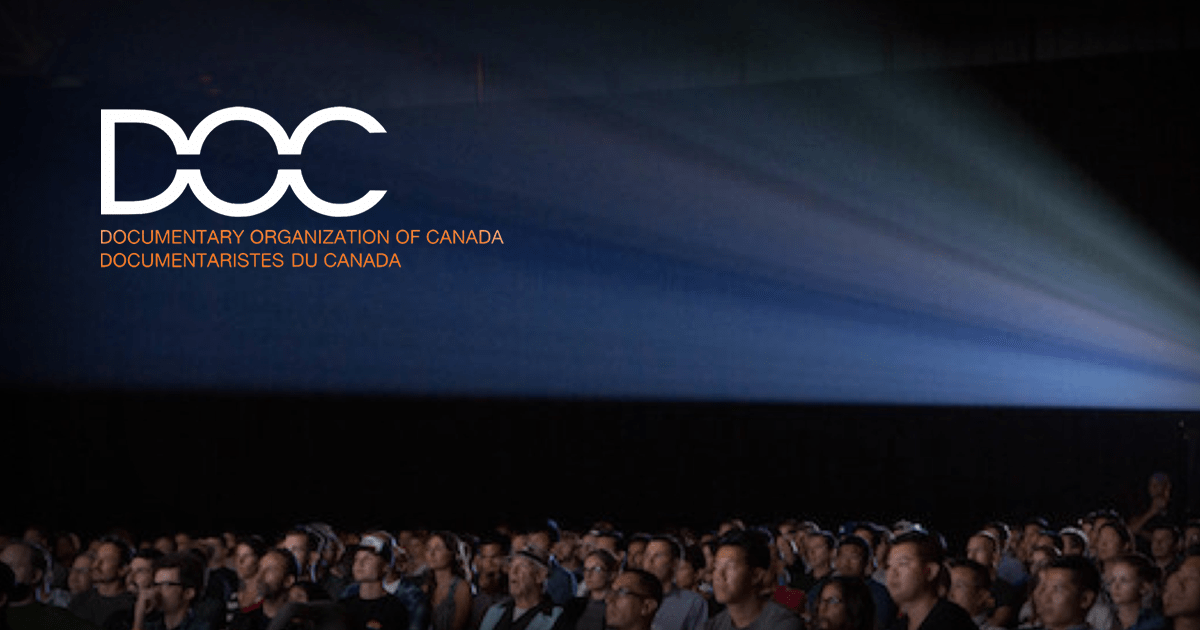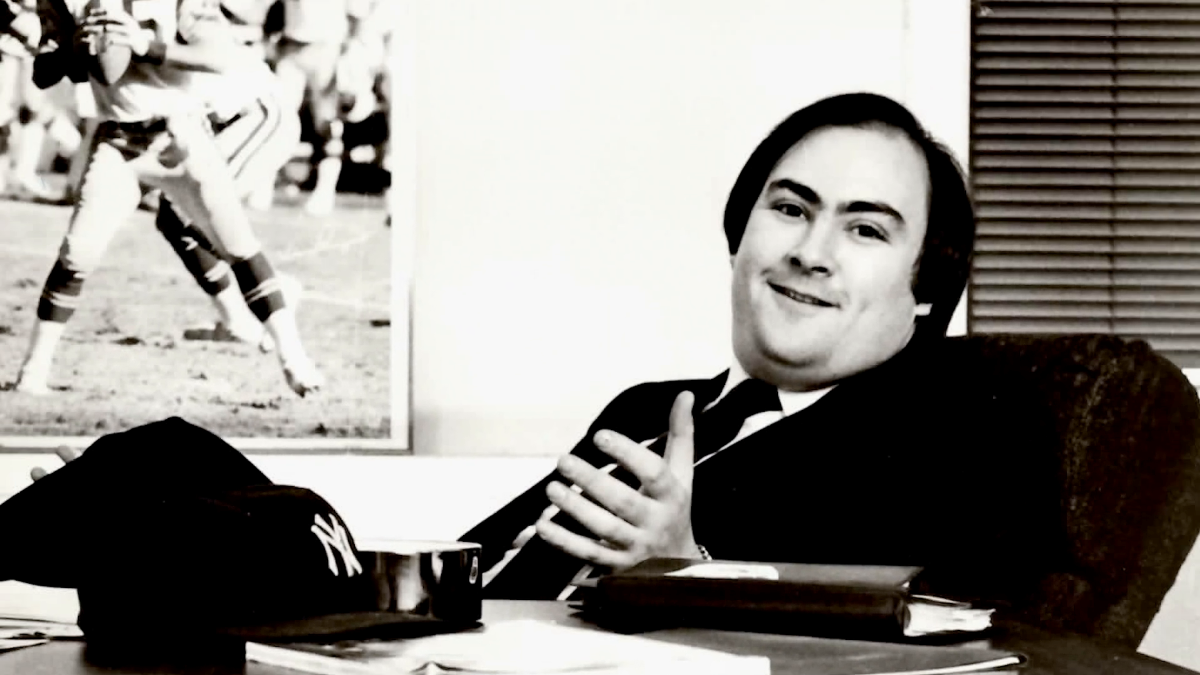Sophia
(USA, 89min.)
Dir. Jon Kasbe and Crystal Moselle
At its heart, Jon Kasbe and Crystal Moselle’s film Sophia is about David Hanson, a creative, manic, complex character who is set on revolutionizing robotics and artificial intelligence. The titular character is his multifaceted construction. Sophia bridges the gap between theme park animatronics and the goal of creating a true automaton—the artificial human of sci-fi dreams.
Moselle is best known for her work on 2015’s The Wolfpack, a film that garnered loads of praise, but left me feeling uncomfortable, bordering on irritated, with how the storyline of a group of cinephile underprivileged kids. I was an outlier critically, but found the subjects being dominated by an entirely uncritical directorial eye and a filmmaker who was too close to her subjects to engage with them in any semblance of narrative autonomy.
Following Hanson, on the other hand, raises anxiety in different ways. Here the subject is a mix of conflicting energies. It is easy to see him as either a sage, a lunatic, or something in between. It’s a precise, fascinating portrait of an individual and his quest to bring Sophia to the world’s stage, navigating technological and financial challenges in ways that seem implausible at every step.
And yet, somehow, through whatever tenacity, hubris, or simply delusion drives Hanson forward, progress is indeed made. One sees over the course of the film improvements in the back-end tech, as well as Hanson’s ability to sway people to the story of his Promethean efforts. Sophia poses deep questions about identity, notions of humanity, and even what defines life, along with quotidian concerns such as when the hell Hanson’s son is set to leave the bathroom so he doesn’t miss the bus, or how rent is to be paid and food is to be purchased when the investors lose interest in this folly.
Without giving away the ending, in some ways what may appear triumphant can still easily be read yet more charade. One may see an artificially inflated value on the belief or novelty of the endeavour, rather than the actuality of what’s being crafted. This deep and unsettling ambivalence gives Sophia both its power and its impact, certainly reading for some as a warm tribute to an iconoclastic visionary, while for others a disturbing insight into the gambling nature of investment, the darkest paths of capitalistic funding of creativity, and the inherent delusions required to succeed despite all rational obstacles.
In other words, Sophia the film, like the robot “herself,” mostly returns answers to the questions one brings to the film. Again, like the robot, it’s mostly silent in terms of judgment. Instead, it offers a well-rounded and intimate portrayal through which viewers may recognize disparate elements at play. The film reads simultaneously as a celebratory and cautionary tale that gives equal time to disparate, yet deeply human contradictions.
There are more than a few metaphors that are deeply resonant for the general storyline. Take a silent Sophia on stage, or one where requests to reset are met with a blind stare, resulting in the very human response of robot-like repetition to escape a failure loop by simply the same ineffectual action over and over. Or by looking at the clumsy juggling of oranges, managing to briefly keep them up in the air, only to have them smash to the ground, “ruining” them in the process, in David’s own words. Or the moment where a floating figure on still waters is cut across by a faster moving boat, towing someone faster and more in control, nearly causing harm but at the least showing another way forward while the first figure flounders away slowly, aimlessly.
For some viewers, Sophia will be a revelation about robotics, a warm and uplifting film about a brilliant inventor assembling a core team to realize a creative dream. For others, it’s a deeply morose film about delusion and failure, mental illness and mendacity where any financial or scientific success is based on shifting goalposts of accomplishment, more circus freak show than Cartesian revelation.
The word “Sophia,” moreover, refers to “wisdom.” Throughout the ages, that has referred either to the humanist accomplishments of intelligence and craft, or to the more ephemeral, divine truths that are metaphysical components beyond earthly control. Is the repetition (or generation by neural networks) of set phrases truly wisdom, and how does that differ in anyways from our understanding of the plastic yet socially constructed intelligence of human beings? Is creating a device that changes human capacities to interact with machines transformative or merely indicative of our innate capacity to anthropomorphize?
Like when opening the suitcases that contain the robot, there’s a lot to unpack in Sophia. For those open to the deeper questions that are at play, there’s lots to admire. For those swayed entirely by David and his mission, they’re likely losing much of the film’s richness. The film portrays a journey with many paths, and kudos to both filmmakers for providing the right balance between distance, intimacy, and empathy with their subject to allow audiences to explore these issues, instead of being fed didactic or, worse, hagiographic illusions about how terrific it is to be a creative mind trying to reshape the world.
Sophia premiered at the 2022 Tribeca Film Festival.














